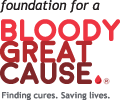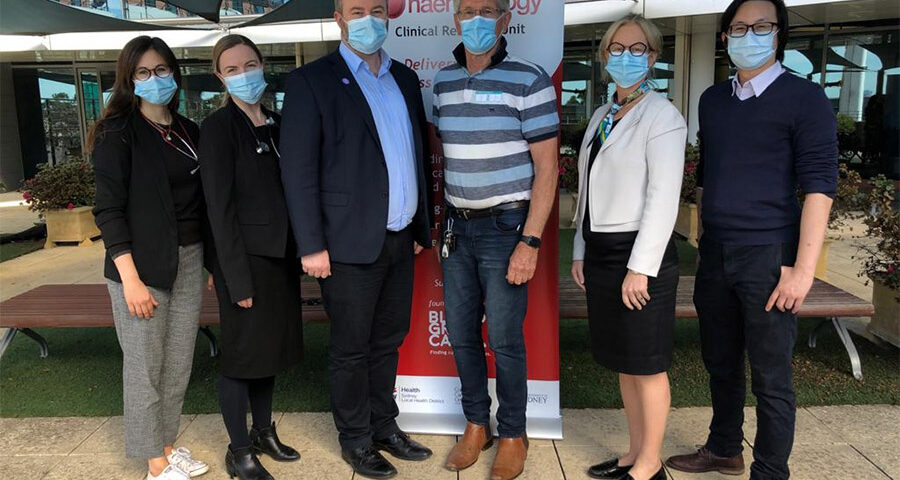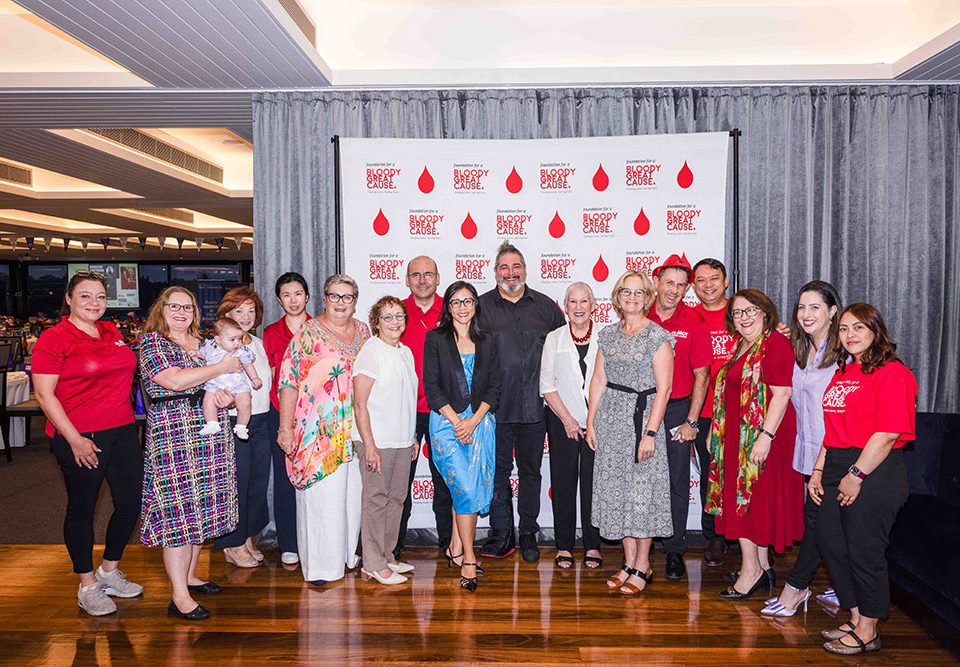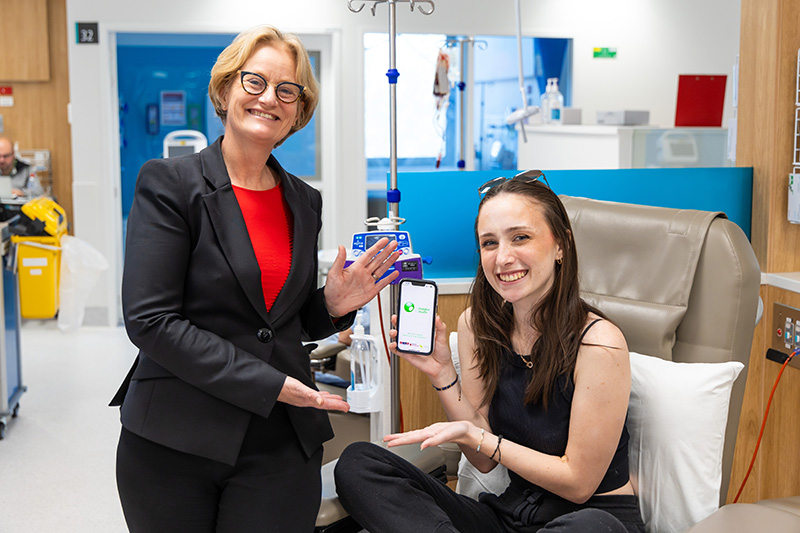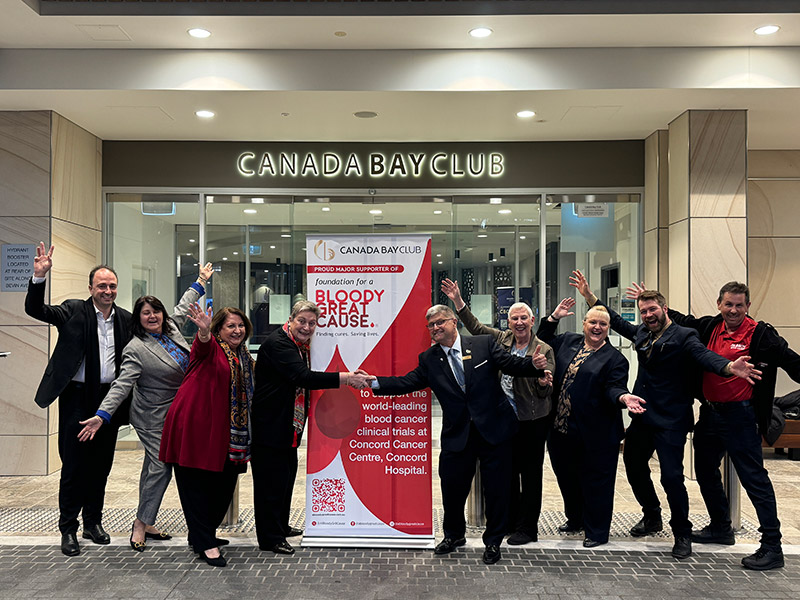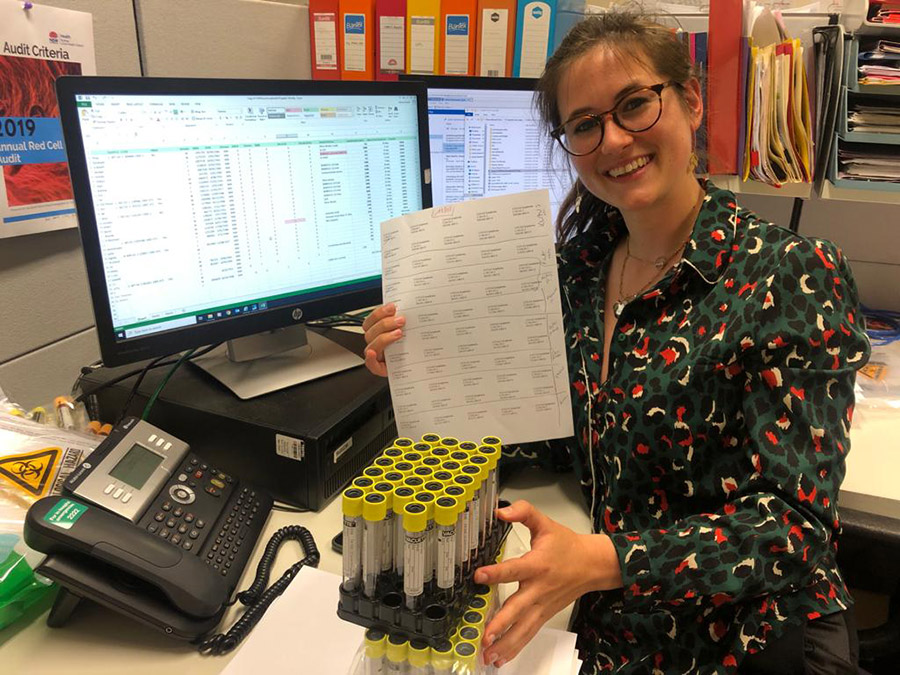
Meet our Haematologist in Training from Belgium
8 August 2021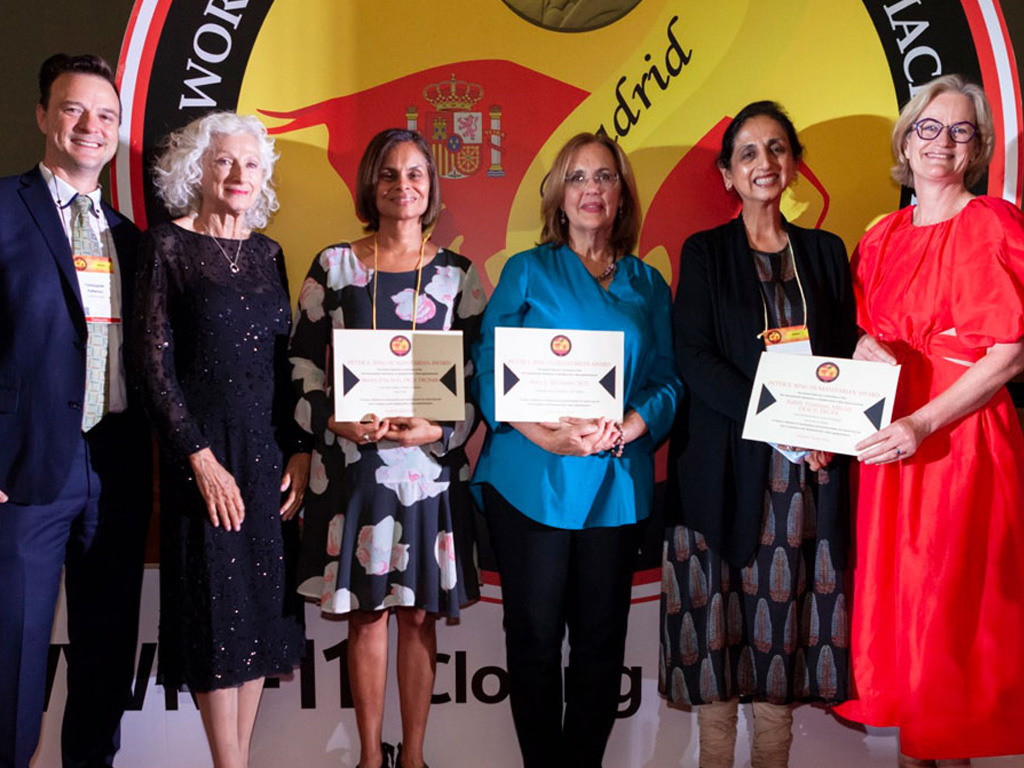
Global Recognition for Professor Judith Trotman
15 December 2022We’ve all heard the message loud and clear that the best way to protect ourselves against COVID-19 is to receive two doses of available vaccines. But how does the COVID-19 vaccine work for people with blood cancer? That’s exactly what the Haematology Clinical Research Unit at Concord Hospital is trying to find out through its COVAX-Lymphoma study.
“The study is investigating the immune response of the COVID-19 vaccine in two sub-groups of patients with compromised immunity – patients with Follicular Lymphoma and Waldenström Macroglobulinaemia,” says Haematologist Dr Brendan Beaton, the study’s Coordinating Principal Investigator.
“85 participants have been included in this study, each being vaccinated with two doses of the Pfizer vaccine between May and June 2021.
“Some of these participants are blood cancer patients who have not yet received any treatment, some are in remission, some are actively having therapy and 13 are healthy controls.
“Participants’ antibody response was assessed prior to vaccination, after their first and second doses, as well as 1 month and 6 months after vaccination. The cellular response to the vaccine, by evaluating T cell response, will also being assessed at those same points in time,” says Dr Beaton.
With recent international data suggesting a lower immune response rate to vaccination in blood cancer patients with Follicular Lymphoma and Waldenström’s Macroglobulinaemia, the COVAX study is aiming to identify patients whose immune system does not respond well to the vaccine and then to investigate if the vaccination schedule in these patient populations can be adapted, in order to better protect them from COVID-19.
The results of the COVAX study will be presented at the end of the year.
Foundation for A Bloody Great Cause is so proud to financially support the Haematology Clinical Research Unit at Concord Hospital, enabling important research just like this to assist patients.
